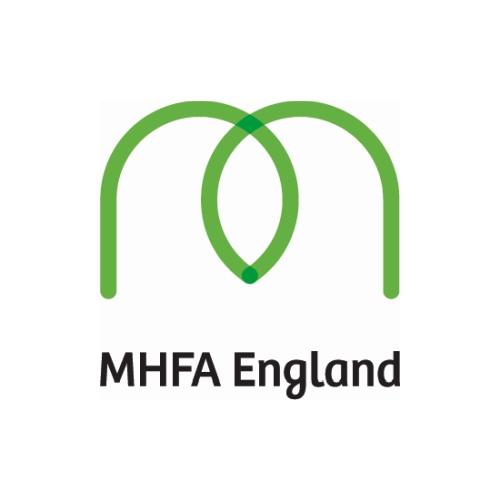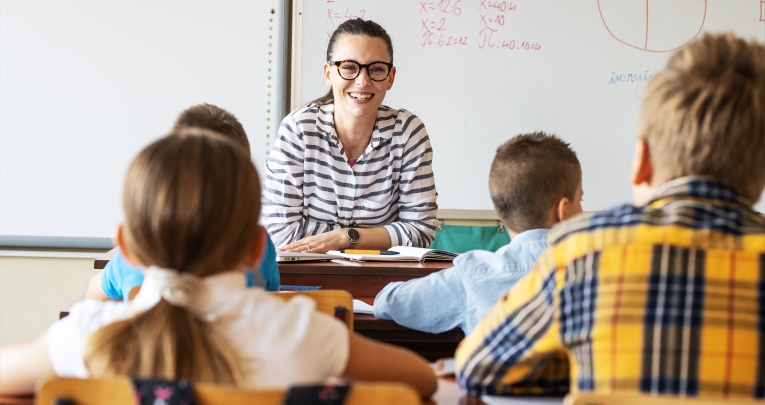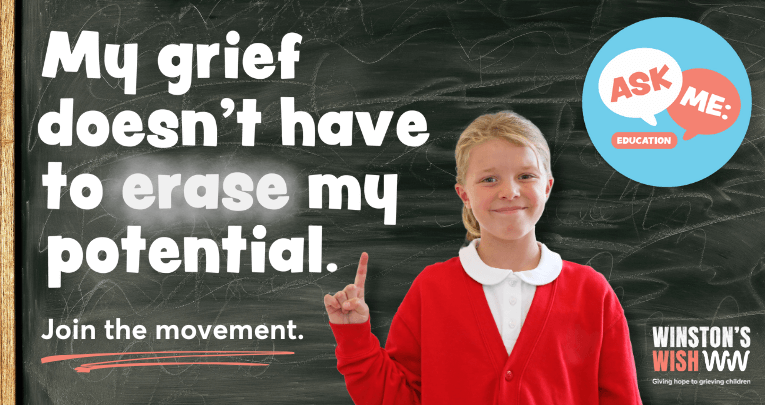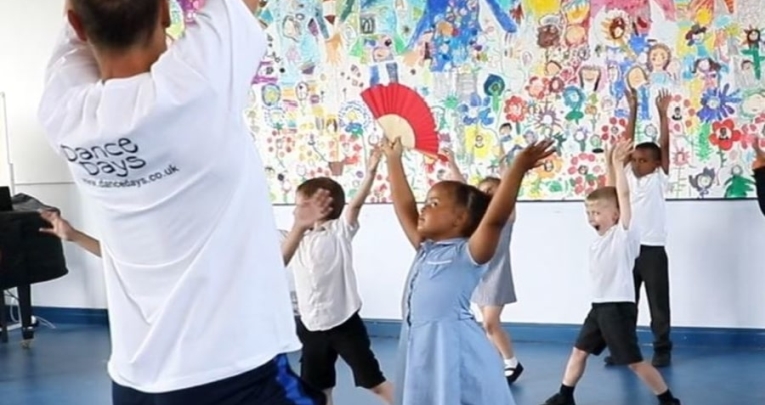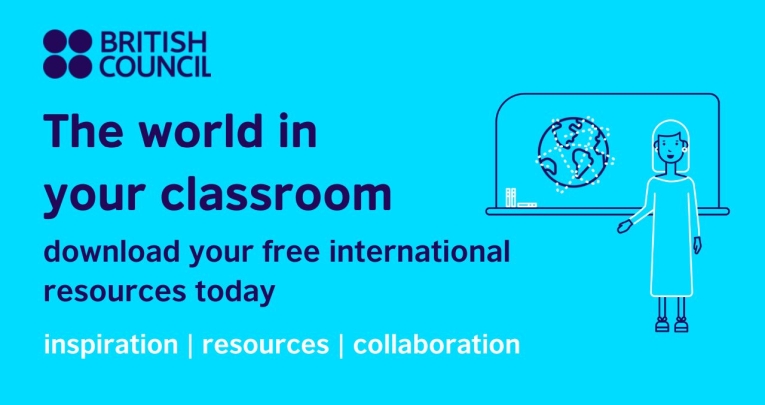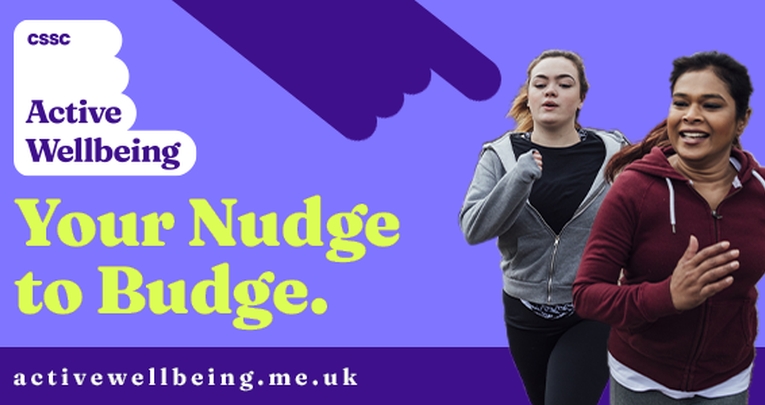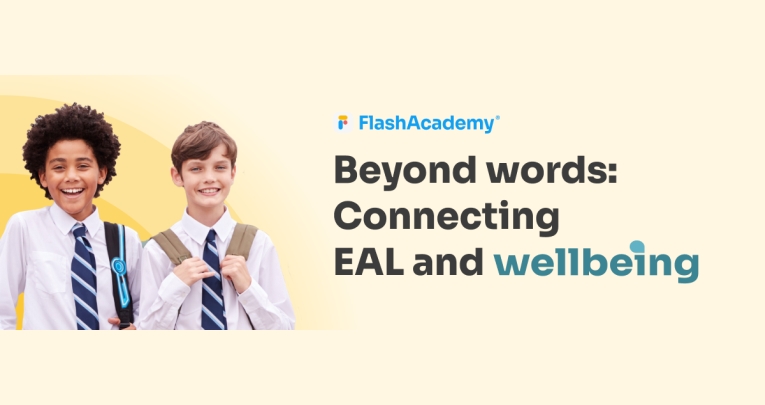Alice Moore explains how you can gain the knowledge, awareness, and skills you need to spot signs of poor mental health in your pupils…
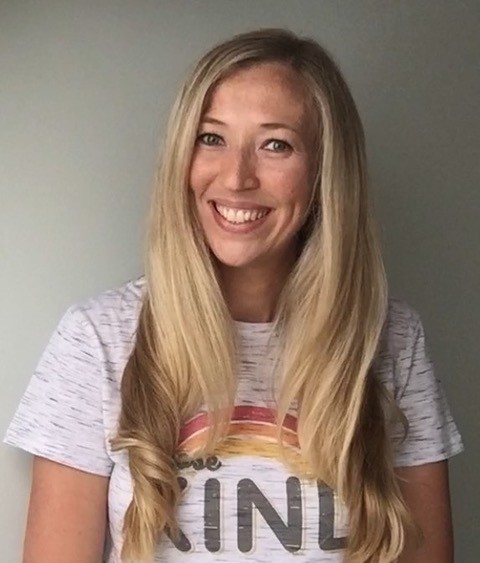
About me
Alice Moore
Alice is a mental health advocate and senior mental health lead with a rich background in education, spanning over 15 years. She was a key contributor to the development of MHFA England’s Youth MHFA training.
Hello, I’m Alice, and my journey from teaching to mental health advocacy has taught me one crucial lesson: equipping caregivers and educators with youth mental health first aid training centred in lived experience is essential for supporting the mental health of young people. In this article, I’ll explore why this approach is transformative for those who guide and nurture young lives.
Why is youth mental health first aid training so important?
Young people today face record levels of poor mental health. Academic pressures, social media, bullying, poverty, and inequality all contribute to this growing crisis.
Research by NHS Digital shows that one in six children aged 5–16 had a probable mental health condition in 2021, an increase from one in nine in 2017. Despite this, many caregivers and educators feel unsure of how to respond when a young person is struggling.
Mental Health First Aid England’s new Youth MHFA training can help to bridge this gap. It provides the knowledge, awareness, and skills to spot signs of poor mental health, start meaningful conversations, and guide young people to appropriate support.
“One in six children aged 5–16 had a probable mental health condition in 2021.”
What makes MHFA England’s Youth MHFA training unique?
MHFA England’s Youth MHFA is unique in its approach, emphasising inclusivity and collaboration. To ensure that the training reflects the diverse experiences of young people, MHFA England worked with the British Youth Council to recruit young people, aged between 12 and 18, to join a co-design group.
Working alongside professionals including psychologists, safeguarding experts and caring adults, the young people helped to shape the course. This was vital in allowing the training to be centred in the experiences of young people, setting a new benchmark for inclusive mental health training.
By focusing on lived experience, the training fosters empathy and understanding, empowering adults to respond effectively to the unique needs of each young person.
With MHFA England’s new offer, training doesn’t stop when the course comes to an end. Youth MHFAiders are now invited to join the Association of Mental Health First Aiders – England’s first and only membership body for mental health first aiders. Members gain exclusive access to a wide range of resources and learning opportunities so they can fulfil their roles with confidence, skill, and care.
How does Youth MHFA training make a difference?
MHFA England’s Youth MHFA training equips caregivers and educators to:
- Recognise early signs of emotional distress or poor mental health in young people
- Confidently initiate supportive and age-appropriate conversations
- Provide practical tools and resources to safeguard and signpost young people to professional support
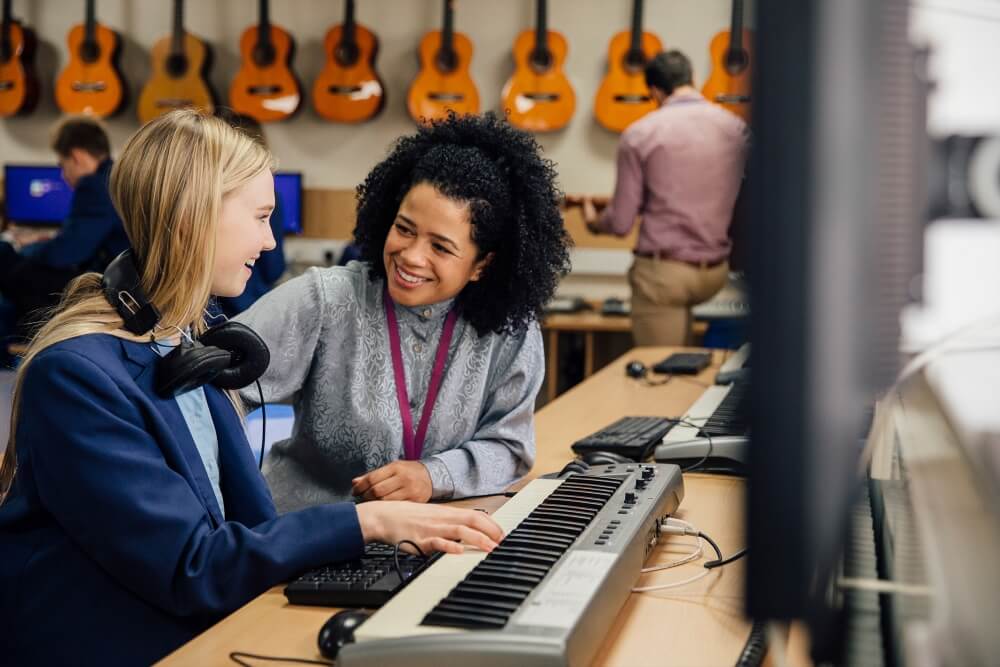
How can Youth MHFA help you create better outcomes for young people?
The training provides an action plan for supporting young people with their mental health. When caregivers and educators have the knowledge, awareness, and skills to spot the signs of emotional distress or poor mental health, they can build supportive environments for young people, where they feel they can be open about their mental health.
Emotional safety is critical for young people to develop resilience and navigate challenges. By investing in the adults who guide them, we lay the groundwork for happier, healthier and more resilient young people.
Why invest in this training now?
With 50% of mental health conditions established by age 14, early intervention is critical. However, Young Minds has found that only one in three children and young people with a diagnosable mental health condition currently receive NHS care and treatment.
Youth MHFA training equips caregivers and educators with the tools to act early, reducing stigma and fostering environments where young people feel safe and supported to talk about their mental health.

